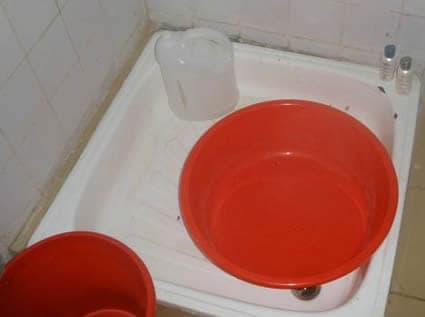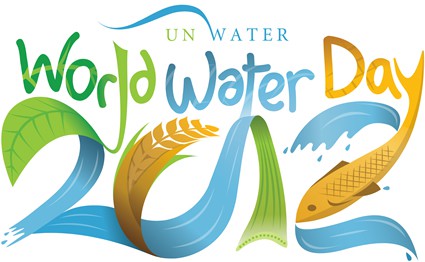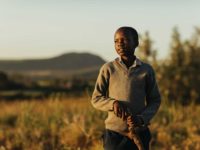For six weeks in Kigali, Rwanda, I showered with a bucket. And a small jug of clean water.

I joked with friends back home that for six weeks, it looked like I never washed my hair. Trying to juggle the red bucket and the jug meant I never could save enough water to properly wash my thick brown hair and the rest of my body. Hair washing became a luxury.
I used the water so sparingly yet it so quickly vanished!
Life’s essentials took on new meaning for me in this little group of Rwandan homes for orphans and abandoned children. I soon realized that water was a costly commodity.
Back home in America, I had never really thought about my easy access to water. Or the fact that 783 million people — 11 percent of the global population — do not have access to safe drinking water, let alone bathing water.
Recently on Water.org’s Facebook page, I read this incomprehensible fact:
“A five-minute shower uses more water than one person in a slum will get in a whole day.”
Five minutes. Five minutes in the shower, and I’ve already consumed more water than a person in a slum will use all day for drinking, bathing, cleanings pots or dishes, and washing hands.
Since returning to America after that six-week trip, I have not forgotten my red bucket and jug of water. Sadly though, I still abuse this costly luxury of water.
I still sometimes forget to turn off the water while brushing my teeth, or one of the hundreds of other ways I can conserve such a valuable resource. I too often forget to thank Jesus each morning when the water runs freely out of the shower head, or in the evening when the faucet gushes hot water into the bathtub.
This year, as we celebrate World Water Day, may we remember and give thanks for one of God’s most precious gifts and indulge by washing your hair!








8 Comments |Add a comment
So many things we take for granted here in the United States. So thankful for many people who have been able to visit the countries where Compassion works to help us get a small picture of what it must be like for these children living in poverty.
Thank you for the reminders of all that I have here in the USA!
Katy, thank you for this wonderful reminder to thank God for this precious resource we have and to do all we can to provide safe, clean water for those who don’t have this!! Each time I visit the field I try so hard not to forget this and to remember to be thankful. Thanks for helping me to not forget!! Blessings!
Totally get it, lived two years in Zambia and had water issues daily – bathed once a week (boiling the water on the stove first) otherwise it was a sponge bath and a bucket of cold water for hair. We take so much for granted here in the USA! Also had four children and hubby to do laundry (by hand) for! Heading back there for another FOUR year term! Even with water issues, I LOVE Africa!
Good reminder to be thankful for the little things.Thanks for sharing Katy.
I was part of a colonial camp many years ago where I washed my hair colonial style – with a bucket and it was very difficult, even with abundant water, particularly as my hair was so long it was down to my knees.
Do any compassion children have running water in the home? I have 2 sponsored children in the Dominican republic that live in the city. I’ve always wondered if the city families in the DR had running water.
Hi Paula,
Yes. A co-worker of mine told me this: “Some of our kids in more urban spaces have running water at their home- often in the form of a single line next to the home. However, often the water is not safe to drink without being filtered or boiled.”
Some do, some do not. I know that two of my children in Brazil have running water in their homes because I have visited them. I have also visited a home in Bolivia where the family does not have running water and instead purchases water from a truck to fill a barrel in their yard. I think it just depends on where your child lives as to whether they have running water.